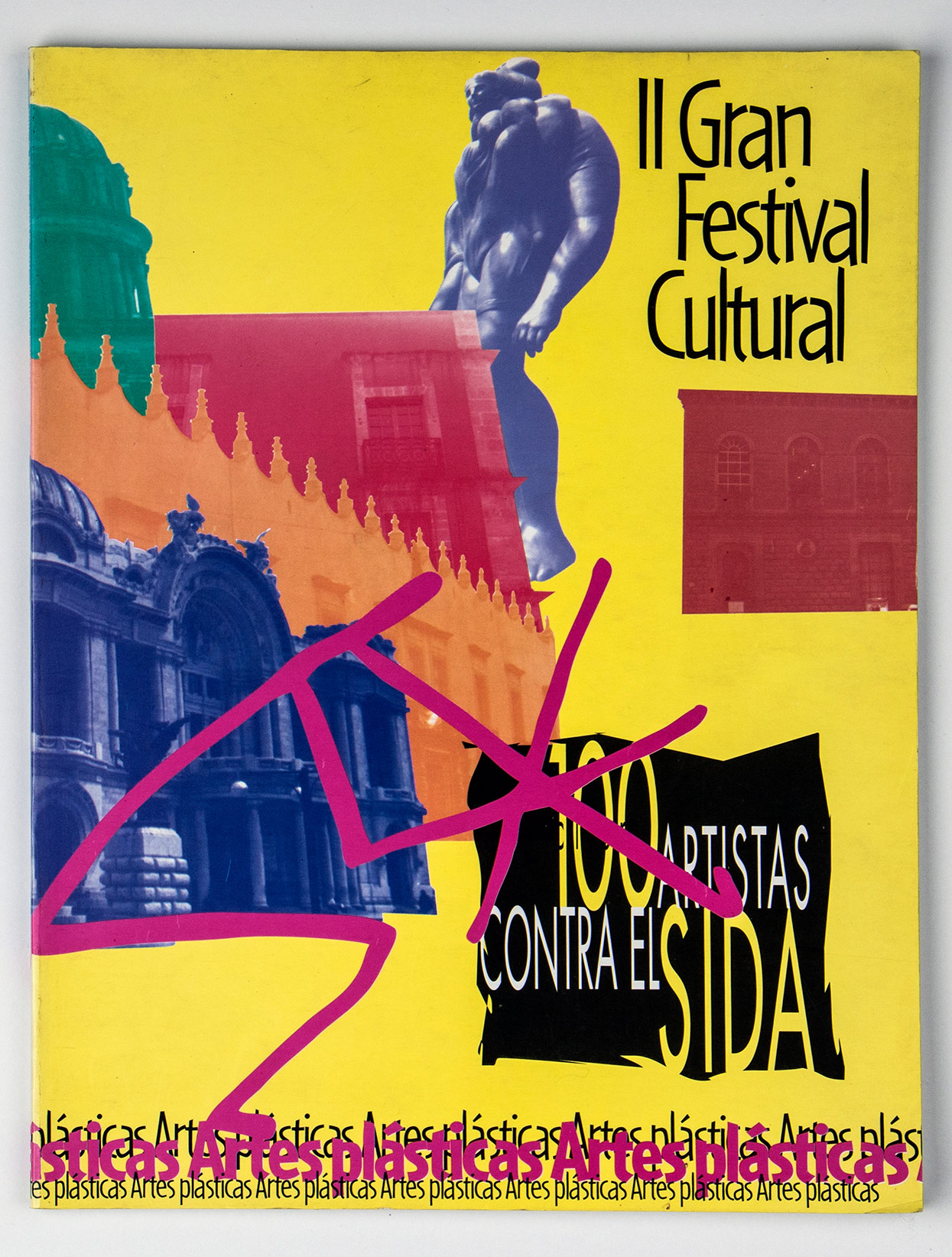
Ten years too late, ten long years after it was first officially registered by science and the press, since the beginning of the psychological war and the bombardment of incomplete and contradictory information, whose consequences and damage have lasted to this day, aids (let’s do away with the upper case, which has little purpose in an acronym that has already entered the lexicon) is no longer news, having been displaced from the front page by wars, more prosaic diseases, spectacular crimes… Aids has been banalized, has become a statistic (is there anything less terrifying than a collection of figures without referents?), a rhyme (aids/crusades) and is overwhelmingly used, with a dose of latent shame, of pathos, as a plot device in theatrical works and, given the times we live in, telenovelas.
This means that, over these ten years, we have learned to live with the disease: to understand it, to respect it and to laugh at it and forget it (forgetfulness, in this case, is a sign of health, a necessity dictated by the survival instinct and everyday existence). From scandal and anathema to generalized acceptance, to banalization—perhaps two sides of the same coin—there is but one step, which we have taken without realizing it.

Ten years ago, gay associations and action groups—the first to be implicated by this evil, indicted by public opinion, which found in them its scapegoat—launched a head-on struggle against demonization, confronting the responsibilities with which they had been imputed with an admirable conscience and sense of duty, perhaps only understandable in light of a long, tragic history of segregation and infamy.
They were practically the only ones to ensure dignified care for the most needy, for the patients, the true victims; at this same time, scientific institutions and official health organizations, immersed in internal battles that were driven less by political than by moral considerations, achieved scanty results. This was more than evident in developed countries, particularly the United States, where non-governmental organizations demanded action and denounced corruption, but the situation is not very different in Mexico, even though the gathering of voluntary forces has taken longer due to their lack of original cohesion, their timidity (attributable to the country’s structures and mentalities, to the dominant social mores and to various emergencies in the socioeconomic order). After the time of panic and dismay, there were some initiatives in the mid-80s whose modesty contrasts with the alarm and rapid mobilization seen elsewhere. This situation corresponds to the statistical progress of the disease in our country, as it spread much more slowly than the news and adopted a different epidemiological profile, one in accordance with the state of society. The disease’s relatively slow progress in the early stages of the epidemic allowed people’s spirits to calm to a certain extent. With its banalization, prophylactic controls became more effective, notwithstanding serious moral resistance. Current infection rates, however, seem to indicate the disease’s not unexpected, but nevertheless alarming progress; this simply means that, in Mexico, the true battle is just beginning.
---
Olivier Debroise, “Diez años de sida”, 1991, Fondo Olivier Debroise, Centro de Documentación Arkheia, MUAC, UNAM.